Technogeek can protect you from all infections
Technogeek can protect you from all infections
When the world wide web first launched, a common piece of advice was to avoid giving your information out and talking to strangers. Now, apps like Uber lead strangers to our doorsteps so that we can go for a spin in our car.
We have grown so comfortable using the internet that it is easy to forget there are people out there who are up to no good. Cybercriminals like to create scam websites and online Scams so that they can trick users into willingly handing over information or money.
Not much is changing at the turn of the decade, with many of the most popular online Scams for 2020 looking like familiar foes. By learning about the most common tactics and pairing that information with security solutions like our Enterprise level , you can be better prepared to face these cyberthreats in the new year.
Phishing
What it is: Phishing is one of the most common cyberthreats around, yet it continues to be equally as effective. Phishers take on the persona of someone trustworthy like a friend, neighbour or colleague in an attempt to get you to hand over information or click a malicious link via email, social media or other messaging apps like WhatsApp.
Phishing attempts take place worldwide every single month and while they often take place through email, cybercriminals are expanding our approach to cover wherever you might talk with someone one-on-one on the internet.
How to spot it: The most important step in spotting a phishing attempt is to take your time reviewing the email or message. This will help you spot inconsistencies, like misspelled names, poor grammar in the text and links that do not lead to the place they should.
For the last one, hover over a link with your mouse cursor if you are unsure of it. In the bottom left-hand corner, you will see the full URL and know if they are sending you to a real or scam website.
Fake antivirus software
What it is: If you are browsing the web and all of a sudden you get a pop up saying that your computer is now infected, chances are it is an online scam.
In reality, these fake antivirus software ads and pop ups want you to download our free software, which will only give you a virus, malware or ransomware, among other cyberthreats.
How to spot it: Only trust virus information from your antivirus and if you do not have one, make sure to get one now.
Be wary of any pop ups with flashy lights or that urge you to take action immediately by downloading an application.
A real antivirus solution, like our $15 a month pc protection service, will take care of your issues in the background without requiring any feedback from you.
Tech support scam
What it is: Taking the form of either a phone call or an advertisement, tech support impersonators contact a user to tell them that our computer or device is infected often without even seeing the device beforehand.
After prompting the user to download an application that lets them control the computer remotely, these cybercriminals download actual viruses or give the illusion that something is wrong with the device. Then, they ask for money to fix the problem.
How to spot it: Know that Microsoft, Google, Apple pick whichever company you want, will never ever call you to tell you that something is wrong with your computer. At the very most, they may send an email saying that something is wrong with your device and that you should call them. Always double check that these numbers are the real support numbers via a Google search.
Similarly, be wary of any tech support that charges large sums of money to fix your PC or Mac. These sums often total half or more of what the actual device is worth. Scam websites can also pay for advertising on Google to show up when someone searches for tech support, which means your best bet for getting help for your device is often contacting us.
Knowing about these popular online Scams is a great start. Pairing this knowledge with a comprehensive single solution like Technogeeks PC Protection can add another layer of protection for when you are online banking, on social media or browsing.

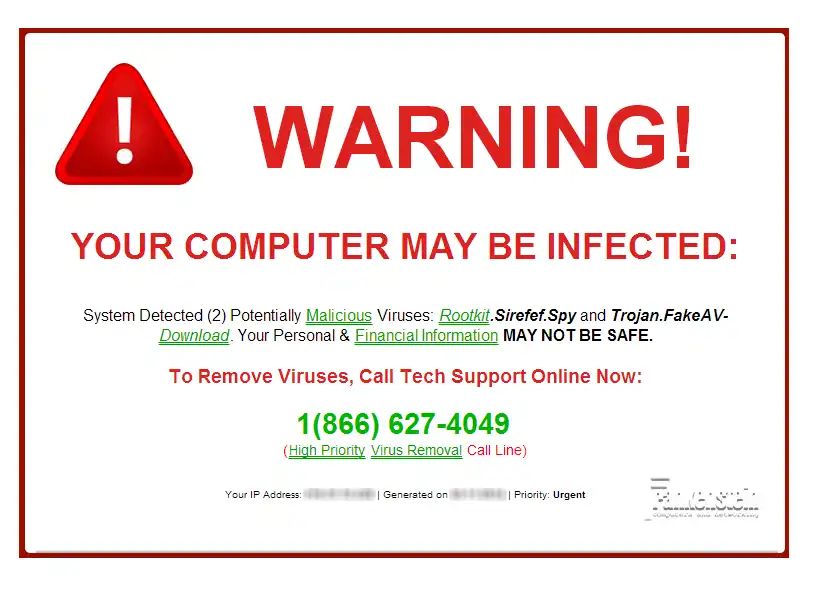
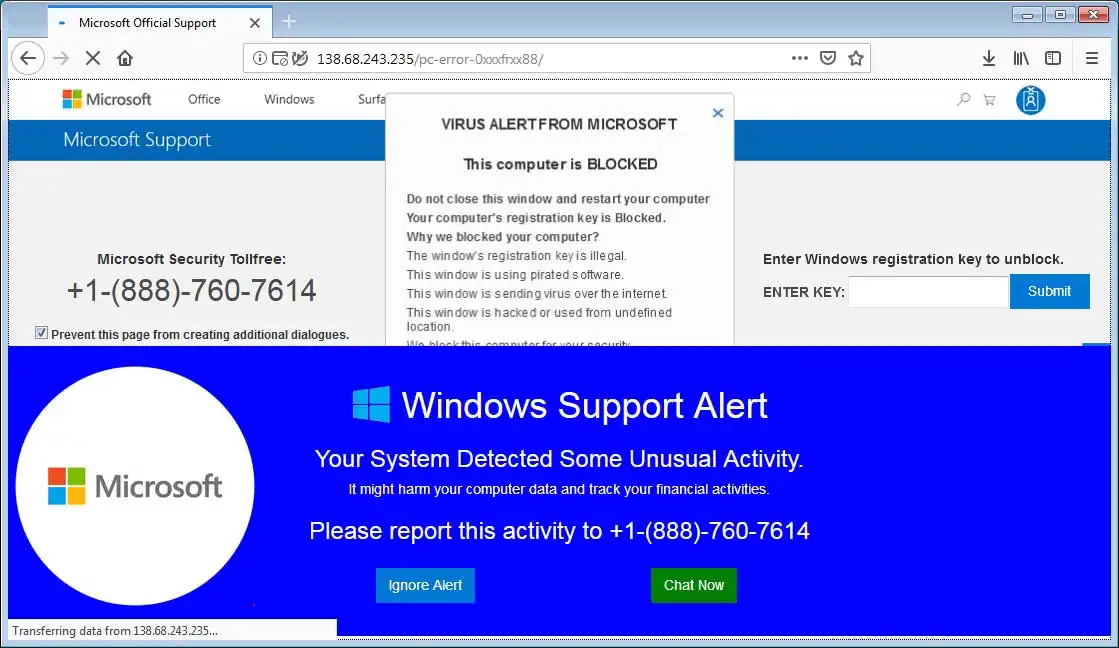
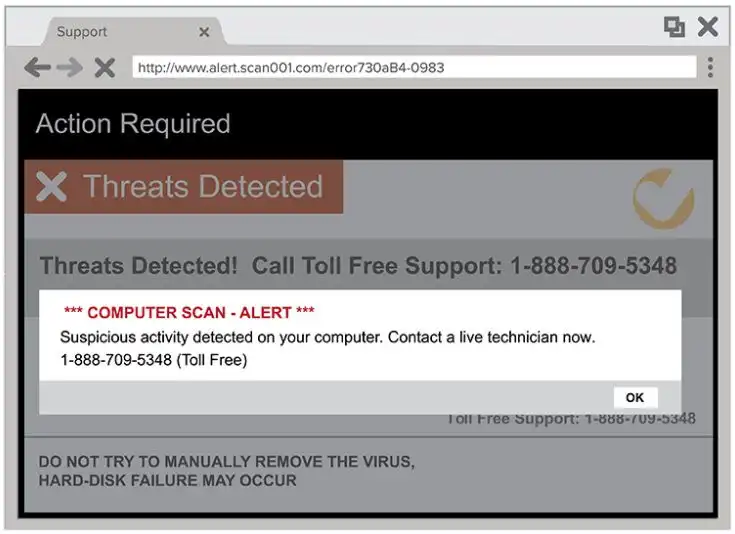
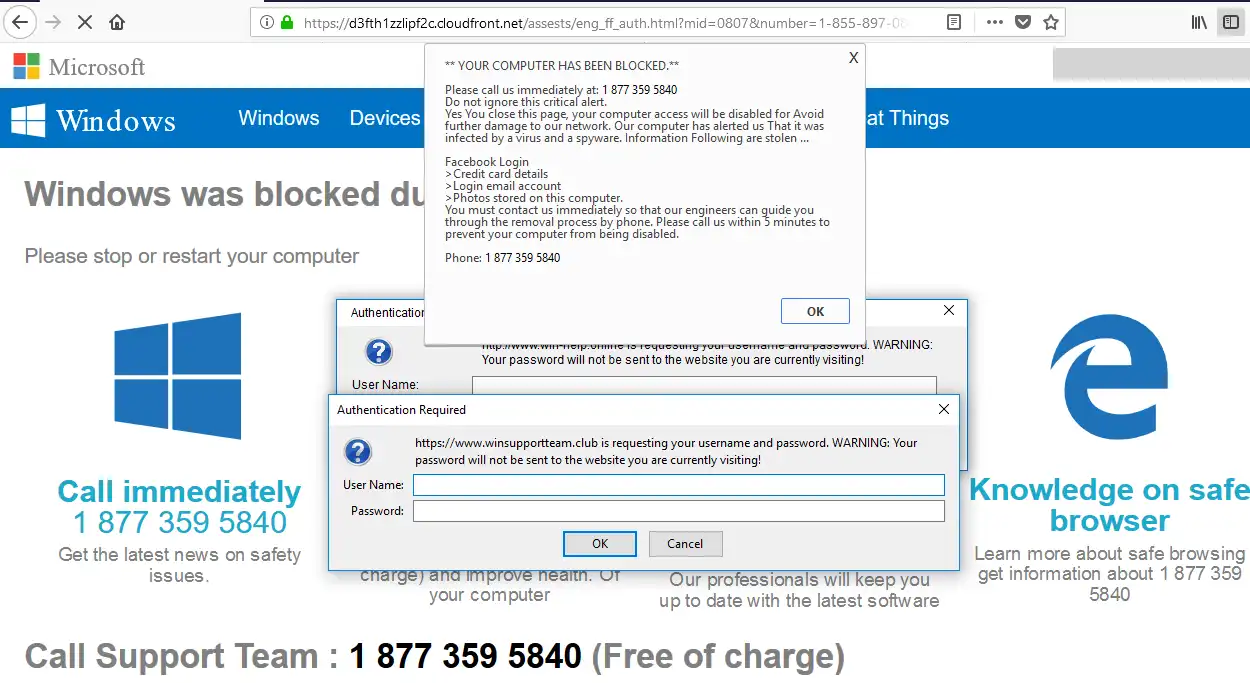
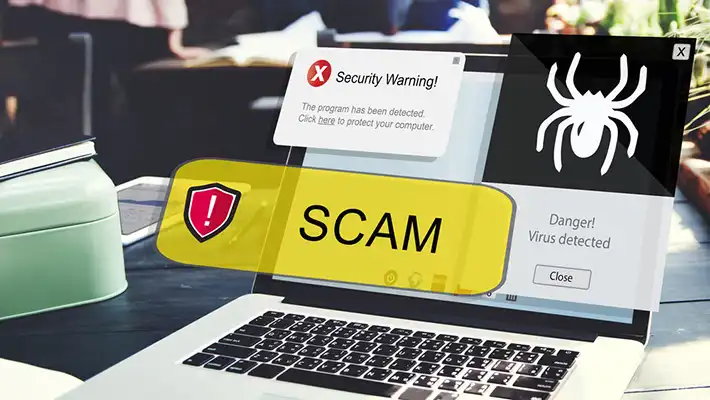
NORTH LAKES & KALLANGUR COMPUTER & LAPTOP SERVICES
Email Us
Slightly delay may occur due to A.I. Spam Combat

FIXED FEE WORKSHOP & REMOTE SERVICES
Office Address
13 Stokes Street North Lakes
Office Hours
WEEKDAYS: 8am to 6:30pm
SAT: 9am to 12pm
CLOSED SUNDAYS & PUBLIC HOLIDAYS
